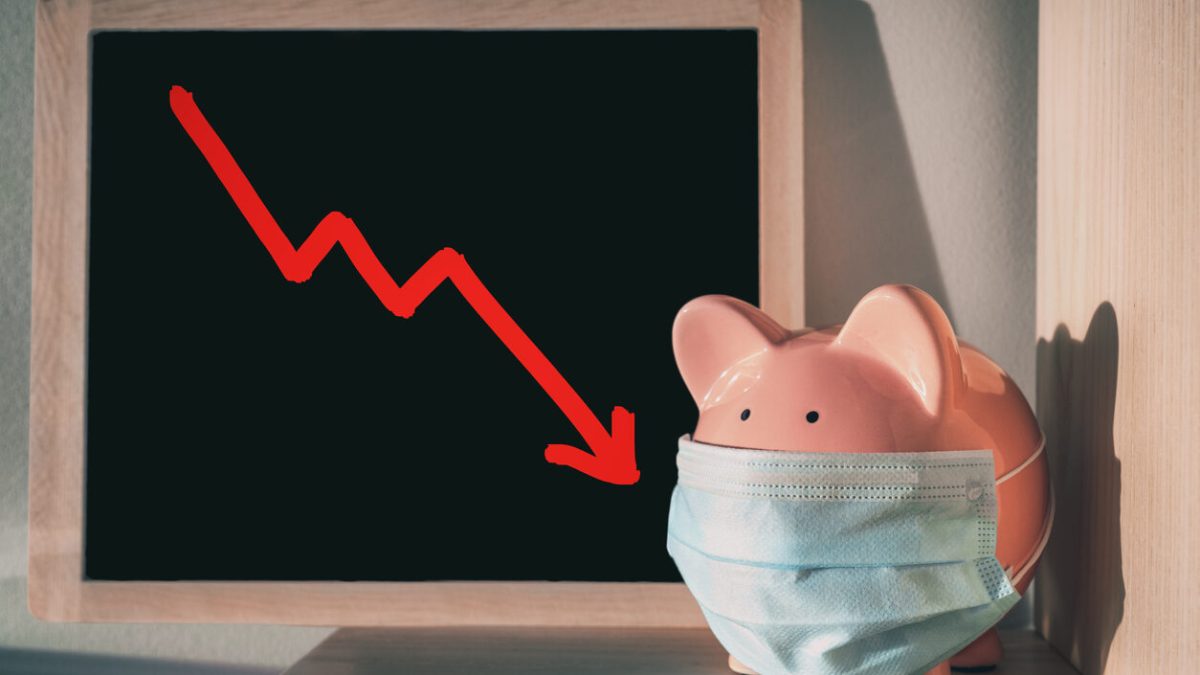The Recession Sensitivity of Healthcare Organisations – A Closer Look

Building and Forecasting a Usage Billing Business
September 29, 2022
3 Ways to Cut Your SaaS Close Cycle
September 29, 2022The Recession Sensitivity of Healthcare Organisations – A Closer Look
Where is your healthcare organisation on the spectrum of recession sensitivity? It’s time to find out.
With economic uncertainty ahead, you may have already asked yourself, “Is healthcare immune from a recession?” A better question for healthcare finance teams might be, “Where is my healthcare organisation spectrum of recession sensitivity, and what can I do about it?”
To answer the first question, we looked at several studies on the topic of healthcare being immune to a recession, and the answer so far is maybe, it depends, and no. As most economists will tell you, it’s an art, not a science.
The data shows that healthcare overall has been mostly recession proof. Molly Gamble writes in Becker’s Hospital CFO Report, “The healthcare industry has been described for generations as “recession-proof.” Patients are less price sensitive when health insurance pays for a large proportion of healthcare costs.” And, according to the University of Illinois Chicago School of Public Health, “A new study examining the relationship between local economic conditions and healthcare employment during past recessions found the healthcare sector is particularly stable with respect to economic turmoil.”
So far, so good. But that’s for healthcare organisations overall. And that’s based on the past. Things have changed. As we saw during the pandemic, some healthcare organisations did well, while others were hit hard, and it all hinged on several factors, not the least of which was the pause on elective procedures. Can we apply what we learned then to help predict which organisations will struggle, and which will remain relatively unscathed?
The answer could lie in a quote from Becker’s Gamble, who wrote in the Hospital CFO Report:
“Now, perhaps a better framework for thinking about healthcare’s exposure to the forces of recession is not one of being recession-proof, but being situated along a spectrum of sensitivity.”
In that same article, Eric Jordahl, Managing Director with Kaufman Hall points out:
“Historically, healthcare has had low sensitivity. It still has lower sensitivity than a lot of industries, but it is moving along that continuum and probably the biggest driver of that is the introduction of more consumer elements into the equation.”
So, based on Jordahl’s suggestion, the likely biggest driver and top spot on the spectrum list is how much the patient is responsible for the cost of the care you provide, because consumers are more responsible for the cost and the direction of their care than ever before. High Deductible Health Plans (HDHPs) are one example of this.
There are other factors added to the spectrum list as well, including:
- Who is covering the cost of the care you provide? Is it Medicare or Medicaid, Private Pay, etc.? Medicare and Medicaid, while usually reimbursed at a lower rate, provide a high level of insensitivity, while insurance and private pay are affected by employment, so if people lose their jobs, insurance usually follows.
- What is your care mix? Is it mostly elective procedures that could possibly be delayed, or urgent, medically necessary care? A recession can cause people to delay care, even if they have insurance, as out-of-pocket expenses could be saved for a rainy day.
- Are my patients high-net-worth individuals? Luxury goods sometimes do well in a recession, maybe a parallel exists to healthcare. Do you perform concierge medicine or plastic and cosmetic procedures?
- Is the care you provide short- or long-term? While the pandemic negatively affected senior living and hospice organisations, the rising number of seniors makes caring for them a likely recession proof endeavour.
- Does your organisation offer cost savings? Organisations like Surgical Centers, Pharmacy Benefit Managers (PBMs), Medical Service Organisations (MSOs) and others can help lower the cost of care, making them less recession sensitive.
These above, are just some of the ways to measure your recession sensitivity, and here is how to respond:
How to respond
Now that you’ve determined your recession sensitivity, the next thing to consider is what to do in response. Here are some steps you can take, regardless of your level of sensitivity:
- Prepare for an uncertain economy by knowing the true health of your organisation. That includes an understanding of the clinical, statistical, and regulatory data to understand where to save money (i.e supply contracts, inventory, number/type of caregivers needed, etc.). We discuss how to do this in our whitepaper, Activity-Based Costing’s Time Has Come.
- Analyse your payer mix and DSO, then look for ways to bring in regular monthly income from new business models.
- Leverage lessons learned during the pandemic like how to do more with less (i.e. fewer FTE’s by creating greater efficiency)?
- When the time is right, prepare for the recovery. Take advantage of market conditions to expand to cover underserved markets, focus on most profitable care, or fill gaps in care.
Understanding your recession sensitivity, and what you can do about it, could affect how successfully your healthcare organisation emerges from a downturn.
The Akuna Solutions Team

